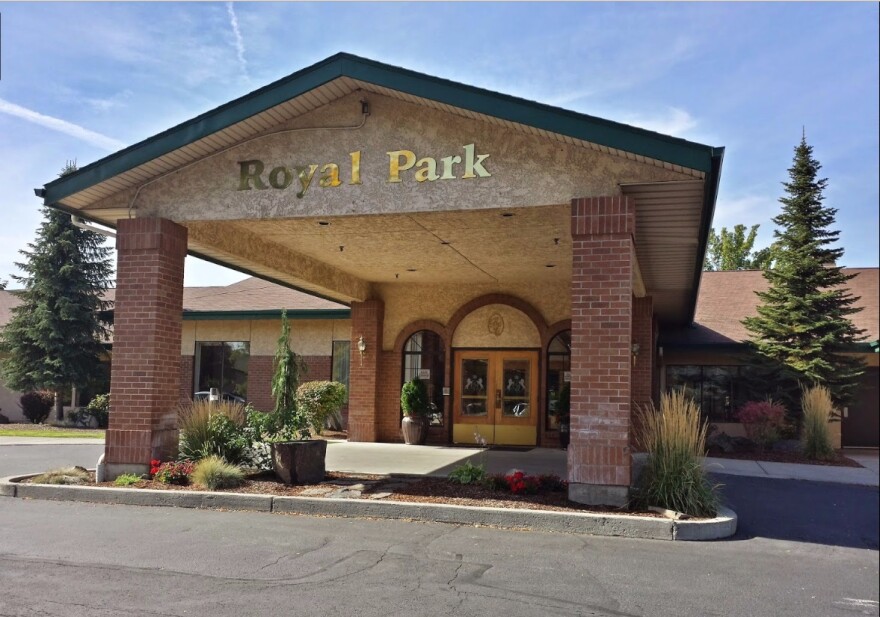Washington state officials say they will work to ease the backlog of hospital patients who are ready to be discharged but have nowhere to go. Hospital leaders call this one of the biggest problems plaguing the state’s health care system during the pandemic.
The Washington Department of Social and Health Services says it will rent bed space in 10 long-term care homes around the state. It will then transfer recovering non-Covid patients to those facilities and hire out-of-state providers to care for them.
“The goal here is to help a little bit with ongoing hospital capacity issues with the omicron surge by moving about 240 patients who no longer need acute care in hospitals, that can receive that same level of care in these units in a nursing home,” said DSHS spokesman Chris Wright. “In turn, that would free up 240 beds or so for Covid patients.”
One of those facilities is Royal Park Health and Rehabilitation in north Spokane.
The state says it will begin transferring patients within days and provide resources to care for them through the end of June.
This is welcome news to Taya Briley, the executive vice president for the Washington State Hospital Association. But she says it’s only a first step toward more efficiently moving large numbers of patients through the system.
“We need other things to happen as well, including individuals on staff at DSHS who are able to quickly process the paperwork and the assessments that need to happen in order to move patients into these settings,” she said.
Briley is calling for the state to devote more money to reimburse private long-term and rehab care facilities that take on these patients, to help them continue to operate and maintain sufficient staff to care for patients.
“The beds that are being opened we know are for some of our less complex patients. Some of the patients that need to be discharged really have more complex needs,” she said. “Our hope is that the state will take further action to be able to take some of the patients who have more complex needs, behavioral health, dementia, really common diagnoses for some of these patients.”
The association is also asking that the state give more decision-making authority to family members of patients who live nearby in case hospitalized patients are unable to give their consent for their future care, in lieu of tracking down legal guardians who live far away. Briley says that can sometimes speed up the process of moving people to new facilities.



